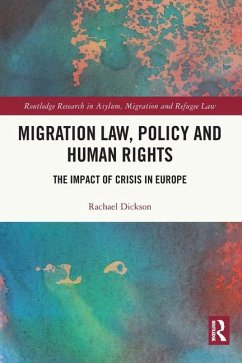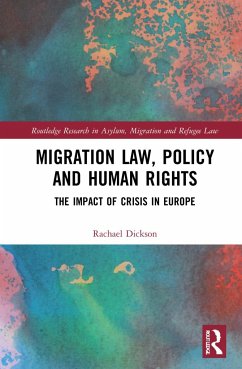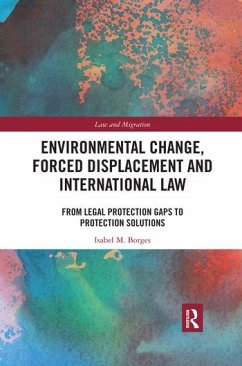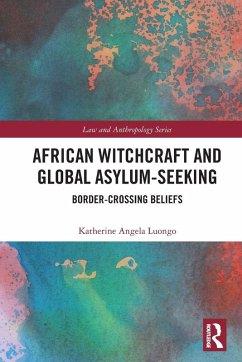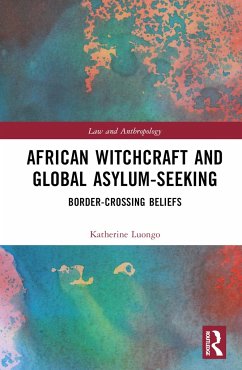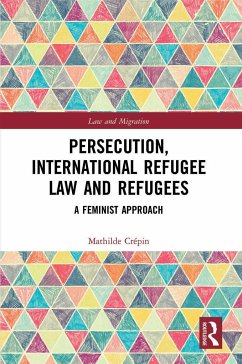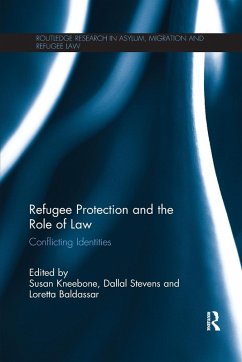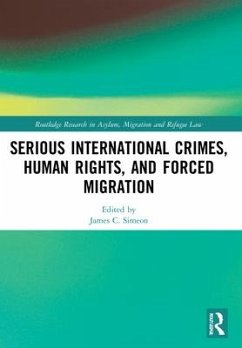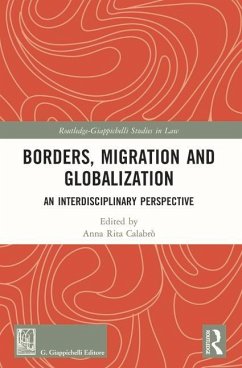
International Migration and the Law
Legal Approaches to a Global Challenge
Herausgeber: Di Stasi, Angela; Cellamare, Giovanni; Caracciolo, Ida
Versandkostenfrei!
Versandfertig in 1-2 Wochen
267,99 €
inkl. MwSt.

PAYBACK Punkte
134 °P sammeln!
This book discusses existing and future trends concerning the development of migratory policies between local and global levels, to understand the challenges and gaps in the protection of migrants. It explores international migration and its impact on sovereignty, international cooperation, security, and human rights.





